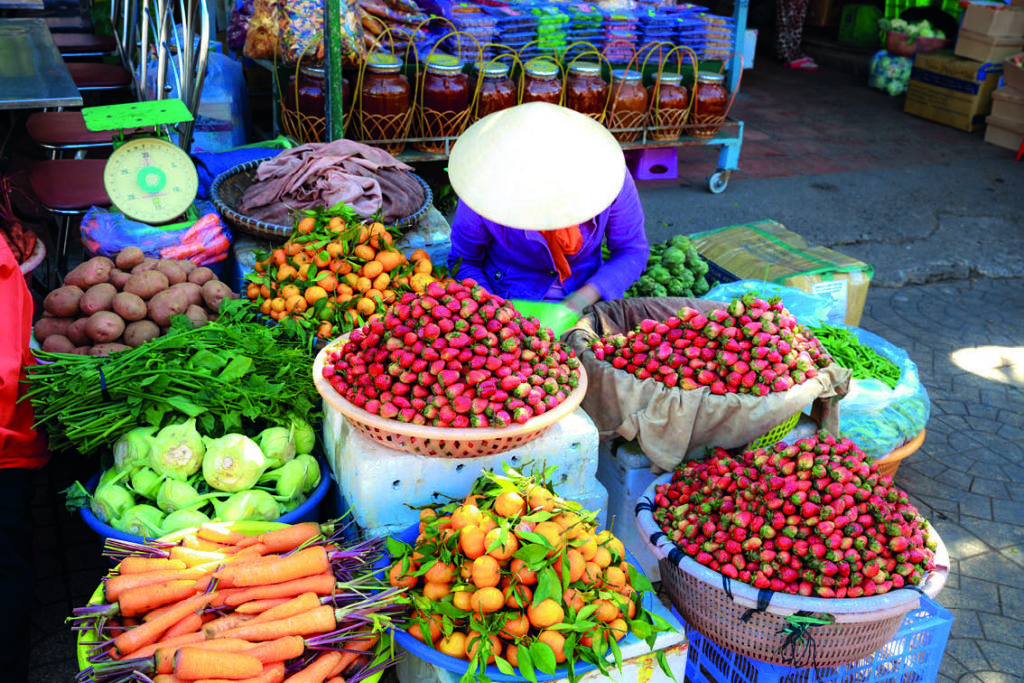Today, Bhutan’s main aspiration is guaranteeing safe, healthy, and nutritious food to its growing and urbanizing population, while also preserving its unique, yet fragile, natural resources. The country has limited arable land, rugged topography, and is greatly exposed to climate-related risks, which represent a challenge to the achievement of food self-sufficiency. Bhutan’s food system is dominated by small and fragmented landholdings, an increasing shortage in farm labour, with high production costs and limited access to markets. As a result, the country imports large quantities of food to cover the shortages in domestic production.
This conference will explore the state of play of Bhutan food systems, to evidence the country’s work towards securing healthy and nutritious food for the people while meeting environmental commitments and generating revenues for the smallholders who produce and process food. Speakers from Bhutanese institutions, FAO, CIRAD, the European Commission and the private sector will explore the ways in which our partnership can contribute to achieve sustainable food systems, first of all by retaining Bhutanese people and youth in particular in the production activities. Embracing policies promoting sustainable, healthy, and diverse food diets could contribute towards addressing the double burden of malnutrition, including child malnutrition and micronutrients deficiencies, and increase in obesity and chronic diseases due to changing food habits.
Speakers
- Leonard Mizzi, Head of Unit INTPA F3- Sustainable Agri-Food systems and Fisheries
- Mohamed Manssouri, Director of the FAO Investment Centre
- Franck Viault, Head of Cooperation, EU Delegation to India and Bhutan
- Karma Tshering, Chief, Policy and Planning Division at Ministry of Agriculture and Forests, the Royal Government of Bhutan
- Moderated by Isabelle Vagneron, Senior Agro-Economist, CIRAD
Language of conference:English
Language of Q&A session: English
